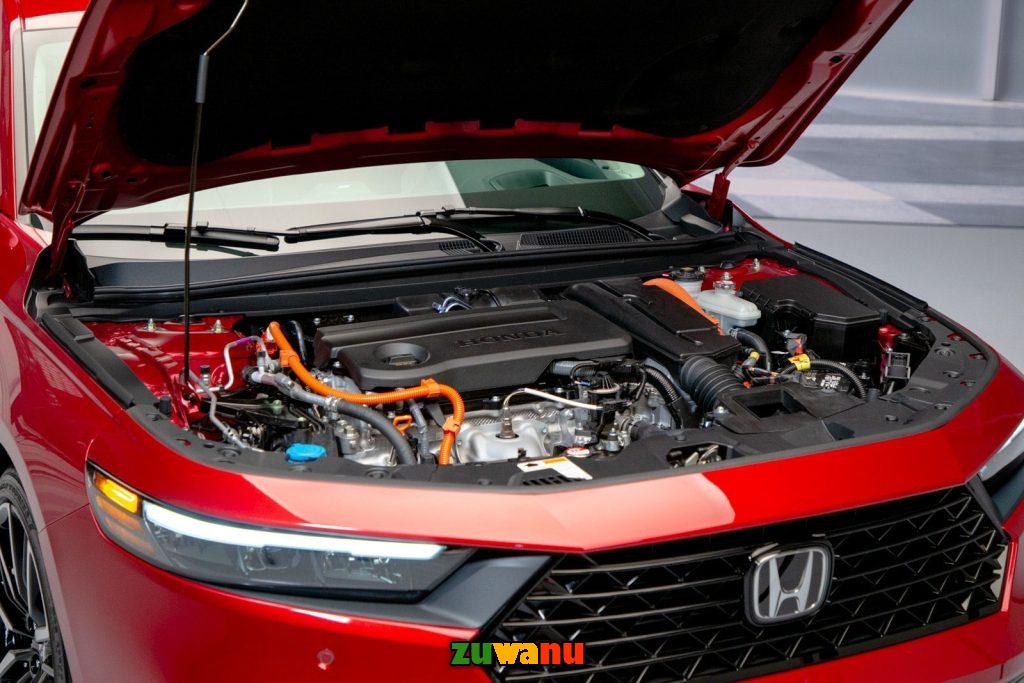Honda: The Japanese Giant in Auto making
Table of Contents

Honda:
The realm of automobiles has witnessed numerous brands vying for supremacy, but few have left an indelible mark as Honda has. Founded in 1948 by Soichiro Honda and Takeo Fujisawa, Honda Motor Co., Ltd., has grown from a humble start-up to a global automotive behemoth. This article delves into Honda’s expertise, its production prowess, notable achievements, contributions to the auto industry, and a comparative analysis with a competing brand.
Expertise and Innovation
Honda’s journey to prominence began with its unwavering commitment to innovation and expertise. Soichiro Honda, a mechanical genius, believed in pushing boundaries. This spirit was evident in the brand’s early successes. In the 1960s, Honda introduced its first mass-market automobile, the T360 mini-truck, and followed it with the iconic S500 sports car. These early forays showcased Honda’s expertise in producing vehicles that combined performance, efficiency, and affordability.
Over the decades, Honda’s research and development (R&D) facilities have been at the forefront of automotive innovation. The brand has consistently invested in cutting-edge technologies, from pioneering the development of CVCC engines to venturing into hybrid and electric vehicles. Honda’s expertise is not just limited to automobiles; it extends to motorcycles, power equipment, and aerospace technologies.
Production Lines and Achievements
Honda’s production prowess is legendary in the automotive industry. The brand’s manufacturing philosophy revolves around the concept of “lean manufacturing,” emphasizing efficiency, flexibility, and continuous improvement. Honda’s production lines are a testament to this philosophy, employing state-of-the-art technologies and processes to ensure quality and reliability.
One of Honda’s crowning achievements is its production system. The brand’s production facilities, spread across the globe, adhere to rigorous quality control standards. Honda’s commitment to excellence is evident in its numerous accolades and awards, including multiple “Car of the Year” titles and top rankings in reliability and customer satisfaction surveys.
Contribution to the Auto Industry
Honda’s contributions to the auto industry are manifold and far-reaching. The brand has been a pioneer in promoting fuel efficiency and reducing emissions. Honda’s CVCC engine, introduced in the 1970s, was a breakthrough in emissions control technology, setting new benchmarks for environmental performance.
Furthermore, Honda’s relentless pursuit of innovation has spurred advancements in automotive safety, design, and performance. The brand’s research in areas such as autonomous driving, connectivity, and alternative fuels underscores its commitment to shaping the future of mobility.
Honda’s impact extends beyond technological advancements. The brand has played a pivotal role in democratizing automobile ownership, making cars more accessible and affordable to a broader audience. Moreover, Honda’s emphasis on sustainability and corporate responsibility sets a benchmark for the industry, inspiring other manufacturers to adopt eco-friendly practices and community-centric initiatives.
Pros and Cons of Honda
Like any brand, Honda has its strengths and weaknesses.
Pros:
- Reliability: Honda’s vehicles are renowned for their durability and longevity, making them a preferred choice for many consumers.
- Fuel Efficiency: Honda has consistently produced vehicles that deliver impressive fuel economy, aligning with growing environmental concerns.
- Innovation: Honda’s track record of innovation and R&D investment ensures that its products remain at the cutting edge of automotive technology.
- Resale Value: Honda vehicles often retain their value well, offering consumers a sound investment.
Cons:
- Styling: While Honda’s designs are functional and practical, some critics argue that they lack the flair and distinctiveness found in competing brands.
- Price Point: Honda vehicles, particularly in higher trim levels, can be priced higher than some competitors, posing a challenge in value perception.
Why Honda?
Choosing Honda is more than just a purchase decision; it’s a commitment to quality, reliability, and innovation. Honda’s reputation for excellence, backed by decades of industry leadership, makes it a compelling choice for consumers seeking value and performance.
Full Meaning of Honda
The name “Honda” originates from its founder, Soichiro Honda. In Japanese, “Honda” can be translated to mean “main rice field” or “base rice field.” This name reflects the brand’s roots and its deep connection to its Japanese heritage.
Comparative Analysis with a Competing Brand: Toyota
When comparing Honda to a competing brand, Toyota stands out as a worthy counterpart. Both Japanese giants have shaped the automotive landscape with their innovations and market presence.
Similarities:
- Reliability: Both Honda and Toyota are synonymous with reliability, with a reputation for producing vehicles that stand the test of time.
- Fuel Efficiency: Both brands prioritize fuel efficiency, offering a range of hybrid and eco-friendly models.
- Global Reach: Honda and Toyota have a strong global presence, with manufacturing facilities and sales networks spanning continents.
Differences:
- Brand Identity: While Honda emphasizes performance and sportiness, Toyota is often perceived as more conservative and family-oriented.
- Model Lineup: Honda’s lineup tends to be more diverse, with a focus on performance-oriented models like the Civic Type R and Accord. In contrast, Toyota offers a broader range of vehicles, including luxury models under the Lexus brand.
- Technological Innovations: Both brands are leaders in automotive technology, but they often pursue different avenues of innovation. For instance, Honda has been more aggressive in developing hydrogen fuel cell technology, while Toyota has made significant strides in hybrid and electric vehicles.
In conclusion, Honda’s journey in the auto industry is a testament to its unwavering commitment to excellence, innovation, and customer satisfaction. As the automotive landscape evolves, Honda’s legacy continues to inspire, setting new benchmarks and shaping the future of mobility.

